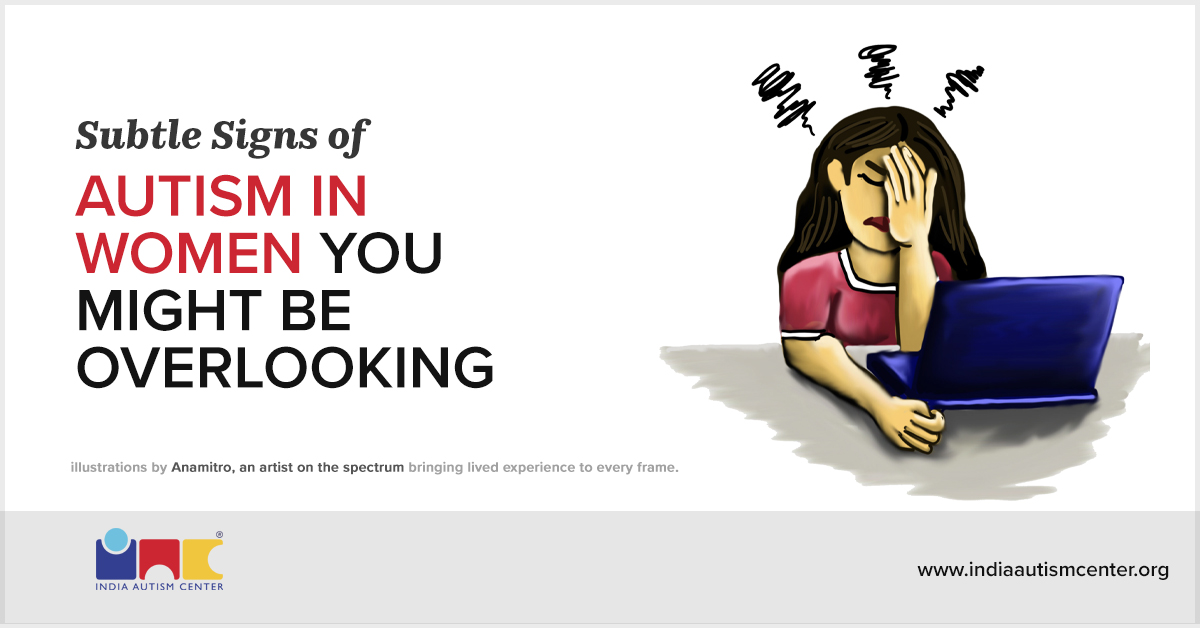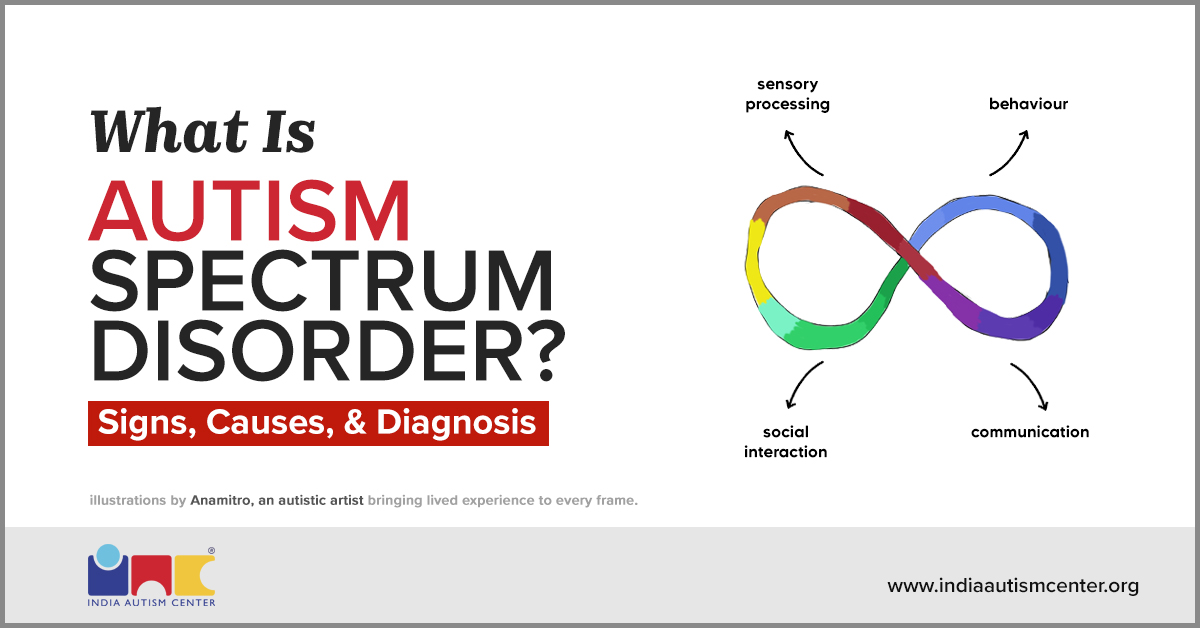Epilepsy, often misunderstood and stigmatized, is a neurological disorder that affects millions worldwide. Despite its prevalence, misconceptions about epilepsy persist, leading to delayed diagnosis and inadequate treatment.
In this comprehensive guide, we delve into the intricacies of epilepsy disorder, exploring its causes, symptoms, diagnosis, treatment interventions, and the outlook for individuals living with this condition.
Epilepsy – Overview
Epilepsy is a chronic neurological disorder characterized by recurrent seizures. These seizures occur due to abnormal electrical activity in the brain, leading to temporary disruptions in behavior, consciousness, and sensation. Epilepsy can manifest in various forms, with seizures ranging from mild to severe.
The Causes of Epilepsy
The causes of epilepsy are diverse and multifactorial. While some cases are idiopathic, meaning the exact cause is unknown, others can be attributed to specific factors such as:
- Genetic predisposition
- Brain injury or trauma
- Brain tumors or lesions
- Stroke or cerebrovascular disease
- Infectious diseases such as meningitis or encephalitis
- Developmental disorders or brain malformations
- Higher prevalence of epilepsy in autism spectrum disorder.
Understanding the underlying cause of epilepsy disease is crucial for determining appropriate treatment strategies and managing the condition effectively.
The Symptoms of Epilepsy to Watch Out For
One of the hallmark signs and symptoms of epilepsy is recurrent seizures, which can manifest in various types of epilepsy, including:
- Generalized tonic-clonic seizures: It is characterized by sudden loss of consciousness, muscle stiffness, and convulsions.
- Absence seizures: Brief episodes of staring or blanking out, often mistaken for daydreaming.
- Focal seizures: Focal seizures arising from a specific brain area may cause altered sensations, involuntary movements, or changes in consciousness.
In addition to seizures, individuals with epilepsy may experience other symptoms, such as confusion, memory problems, and mood changes.
How to Diagnose Epilepsy
Epilepsy Diagnosis involves a comprehensive evaluation of medical history, symptoms, and diagnostic tests.
Key steps in the diagnostic process include:
- Physical examination and neurological assessment
- Review of medical history and seizure descriptions
- Electroencephalogram (EEG) to measure electrical activity in the brain
- Imaging studies such as MRI or CT scans to identify structural abnormalities
- Blood tests to rule out metabolic or genetic causes
A timely and accurate Epilepsy diagnosis is essential for initiating appropriate treatment and minimizing the risks associated with uncontrolled seizures.
The Potential Risks of Delayed Epilepsy Diagnosis
Delayed diagnosis of epilepsy can have significant consequences, including:
- Increased risk of injury or accidents during seizures
- Impaired cognitive function and academic performance
- Social and psychological challenges due to stigma and misconceptions
- Progression of the underlying neurological conditions, such as autism and associated comorbidities
Early recognition and intervention are critical for improving outcomes and quality of life for individuals with epilepsy.
Treatment Interventions for Epilepsy
While epilepsy is not always curable, it can be effectively managed with appropriate treatment interventions. Common approaches to epilepsy management include:
- Anti-seizure Medications: Pharmacological therapies aim to reduce the frequency and severity of seizures.
- Diet: A high-fat, low-carbohydrate diet that has been shown to reduce seizure activity in some individuals.
- Vagus nerve stimulation (VNS): Surgical implantation of a device that delivers electrical impulses to the brain to prevent seizures.
- Surgery: Surgical removal of brain tissue responsible for seizure activity in cases of drug-resistant epilepsy.
Treatment plans are tailored to individual needs, considering factors such as seizure type, frequency, and underlying cause.
Home Remedies for Preventing or Managing Epilepsy
In addition to medical interventions, certain lifestyle modifications and home remedies may help prevent or manage epilepsy symptoms, including:
- Maintaining a regular sleep schedule and practicing stress-reduction techniques
- Avoiding triggers such as flashing lights, certain medications, or alcohol consumption
- Following a balanced diet rich in fruits, vegetables, and whole grains
- Engaging in regular physical activity and maintaining a healthy weight
- Seeking support from family, friends, and support groups to cope with the challenges of living with epilepsy
While home remedies can complement medical treatment, it’s essential to consult with healthcare professionals before making any significant changes to epilepsy management.
The Outlook of Epilepsy
The prognosis for epilepsy varies depending on factors such as seizure control, treatment adherence, and the underlying cause of the condition. With proper diagnosis, treatment, and support, many individuals with epilepsy can lead fulfilling lives and achieve their goals. However, epilepsy management may require ongoing adjustments to treatment plans and lifestyle modifications to optimize outcomes and minimize the impact of seizures on daily functioning.
By dispelling myths, promoting awareness, and advocating for access to quality healthcare, we can create a more inclusive and supportive environment for individuals living with epilepsy.
Together, let us strive to empower and uplift those affected by epilepsy, ensuring they receive the care, respect, and dignity they deserve.






